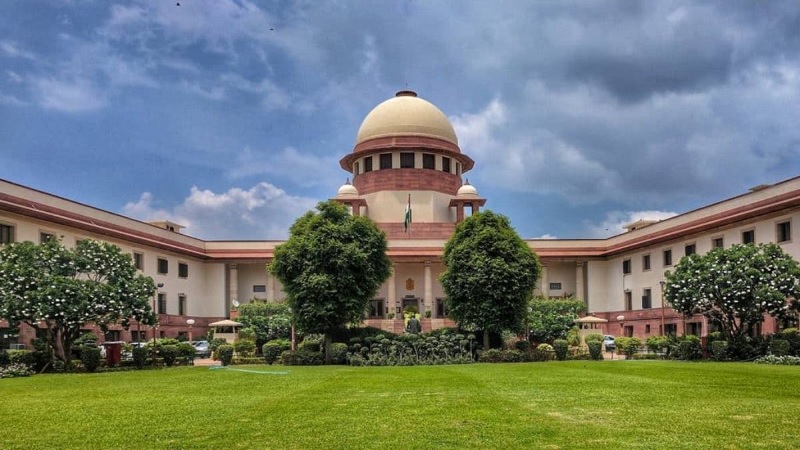
On Monday, September 12, the Supreme Court finally began hearings in the matter pertaining to a batch of petitions challenging the Citizenship Amendment Act (CAA). At present there are a whopping 220 such petitions, reported LiveLaw.
A bench comprising Chief Justice UU Lalit and Justice S Ravindra Bhat presided over hearings today and directed the Centre to file its response to the petitions. It further directed the states of Assam and Tripura to file separate responses to the petition due to the special provisions granted to the two states vis-s-vis the law. In fact, matters pertaining to north eastern states will be segregated from others.
LiveLaw quoted the court as ordering, “So far as State of Assam and Tripura is concerned, they shall also file their compilation reports and also complete pleadings by 4 weeks and their pleadings shall also be taken into consideration for the compilation.”
According to LiveLaw, the court gave the following directions:
A. The office of the Solicitor General shall prepare complete list of the matters pertaining to these challenges
b. The matters shall be put in different compartments depending upon challenge raised in individual petitions
C. The Union of India shall file appropriate responses with respect to segments of challenges. Let the needful be done in 4 weeks from today
D. After such segmenting is done, the lead matters be demarcated and convenience compilation representing lead matters filed shall be prepared after consulting counsel for other side
The matter will now be heard on October 31.
Brief background of the case
CAA was passed by the Parliament on December 11, 2019, and it received Presidential assent on December 12, 2019. In January 2020, the Ministry of Home Affairs (MHA) notified the Act and said that it would come into force from January 10 that year. However, the rules required to implement the Act are yet to be framed.
The law fast-tracks the process of granting citizenship to Buddhist, Christian, Hindu, Parsi and Sikh refugees from Afghanistan, Bangladesh and Pakistan, who came to India before December 31, 2014. The fact that the provisions of the law categorically excluded Muslims caused quite the stir and there were nationwide protests that were only put on hold due to the raging Covid-19 pandemic that followed.
Indian Union Muslim League, a Kerala based political party, Trinamool Congress MP Mahua Moitra, Congress leader and former Union minister Jairam Ramesh, All India Majlis-e-Ittehadul Muslimeen (AIMIM) leader Asaduddin Owaisi, Congress leader Debabrata Saikia, NGOs Rihai Manch and Citizens Against Hate, Assam Advocates Association, and law students are amongst several petitioners challenging the Act.
Petitioners are being represented by several high-profile human rights lawyers including but not limited to Senior Advocate Kapil Sibal, Senior Advocate Indira Jaisingh, and Senior Advocate Maneka Guruswami. The State is being represented by Solicitor General Tushar Mehta.
Related:
Supreme Court to hear pleas challenging constitutional validity of CAA
CAA to be implemented after completion of Covid vaccination drive?
CAA to be implemented after Covid-19: Amit Shah
MHA defers making CAA rules, seeks another extension